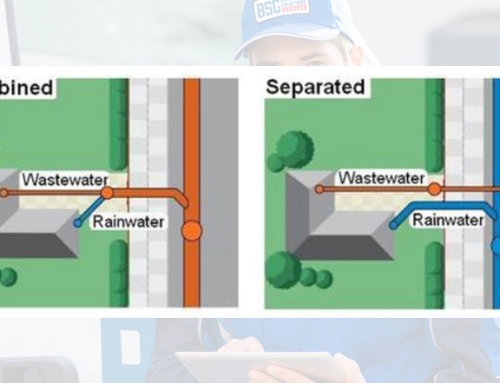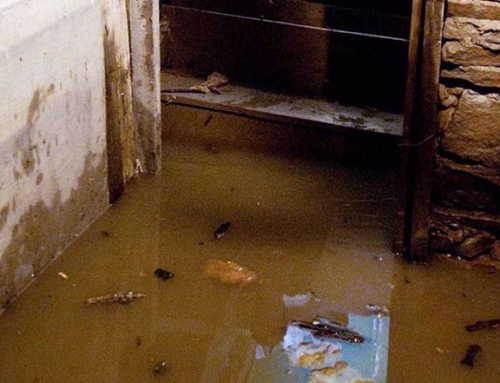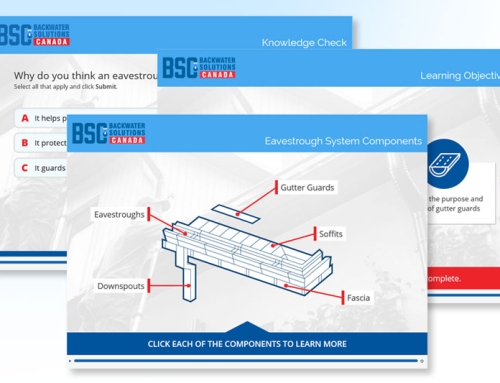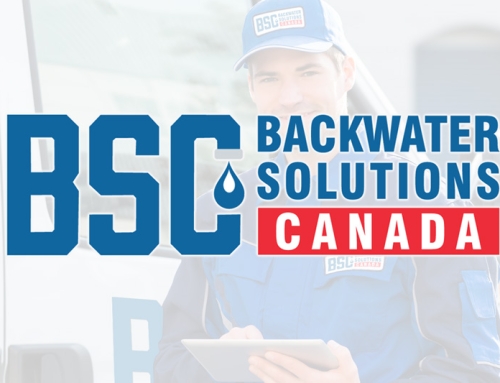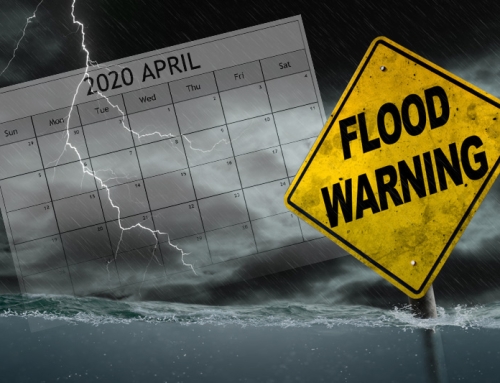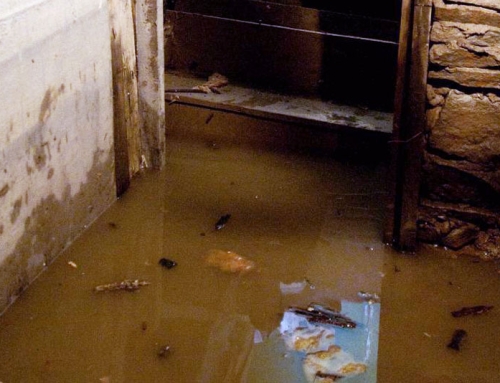Faster than a speeding bullet, more powerful than a locomotive—okay, insurance brokers aren’t actually superheroes. But as an insurance broker, you’re a trusted advisor who can help clients get the right coverage and save them the pain of sewage backups in their basement. “Brokers can use their experience and training to supply homeowners with their expert knowledge. If that can save even one family the horror of sewage spewing into a basement, it’s worth taking the time to cover all your bases when you give advice on flood insurance,” says Payk Pourzynal, president of Backwater Solutions. The average flooded basement costs $43,000, which doesn’t count the days homeowners miss work to clean, the sentimental loss of family heirlooms, or the fear a family’s dog or cat will sneak downstairs to drink from contaminated flood water.
Moreover, clients will recall the insurance broker whose advice helped them to avoid a flood when all the neighbours on their street were swamped in a heavy rain storm. Your professional reputation is on the line every time you give advice. The best way to maintain your reputation—and reap the benefits of referrals and repeat customers—is to be an advisor to your clients, not just a salesman. Studies show that homeowners take seriously messages about flood prevention from trusted advisors, including insurance professionals, particularly ones who know local risks of flooding.
While flood insurance helps, your first step should be to help clients prevent floods, not just insure them. Take the time to ask questions, suggest options, and share your knowledge as an expert to help clients avoid the heartache of a flooded basement.
Help your clients avoid the mess and hassle of a flooded basement with these 5 tips.
1. Ask if your clients have flood prevention devices.
Some clients will know if they have a sump pump, backwater valve and other flood prevention mechanism, but not everyone is knowledgeable. New homeowners may be uncertain what a backwater valve is and whether they have one. In the case of a new build, you can remind the client to check the paperwork that came with the purchase of a new home from a developer for details on the backwater valve. If the home was purchased as a resale, the homeowner can check the home inspector’s report from the purchase, which will often include information on whether there’s a sewer backwater valve.
2. Suggest clients install a backwater valve.
If your client doesn’t have a backwater valve, tell them about the benefits. Depending on how frequently basements flood in the area, homeowners may be required to install backwater valves as a condition of the insurer. As well, advise your client to check if their municipality offers a rebate plan for installing a backwater valve, and share what you’ve heard about other homeowners’ experiences with the program.
You’ll earn your stripes as a trusted advisor if you can tell them what local plumbers charge to install a backwater valve, then compare that upfront cost to the discounts available on the client’s home insurance if a backwater valve is installed and maintained regularly.
3. When did your clients last have their backwater valve cleaned?
When you ask your clients how often they clean their backwater valve, now is the time to follow up with a reminder: insurers expect homeowners to perform regular home maintenance, which includes a backwater valve if one is present. Failure to maintain a backwater valve might void their insurance coverage if a basement flood happens. Homeowners who are unfamiliar with this concept might need to have it explained fully.
Hiring a private company that specializes in backwater valve maintenance service is a painless way to keep a sewer backwater valve functioning at its best possible performance. And bearing in mind the potential health risks, the safest way as well.
4. Recommend twice annual maintenance on their backwater valve.
“Regular” maintenance of a backwater valve can mean a different frequency to every homeowner. Some municipalities recommend that homeowners inspect their backwater valve every 2-3 months or before major rainstorms. It may be easiest to remind clients to schedule maintenance of their backwater valve in spring and fall, alongside household chores that coincide with the change in seasons. If cleaning and inspection is performed by a professional, this helps to ensure the homeowner’s insurance won’t be voided for lack of maintenance.
5. Remind homeowners: don’t pour cooking oil down the drain.
As a trusted expert advisor, one more duty is to remind clients that if cooking oil (including bacon fat and high-fat foods like milk, salad dressing and soup) is poured down a sink, the fat can harden and block pipes over time. Local municipalities may have suggestions for how to dispose of cooking fats, including green bins and depots to recycle used cooking oil. There’s also anecdotal evidence that years of coagulated grease can build up on the gate of a backwater valve, leaving it permanently “open” and unable to close and protect a home if a backflow occurs.
Regular maintenance can help to troubleshoot this and other backwater valve problems, preventing your clients from the pain and stress of seeing grandmother’s photo collection floating in a basement flood. Suggest clients schedule maintenance of their backwater valve twice per year to ensure the trust clients place in you is maintained. Leaping tall buildings in a single bound can wait.



